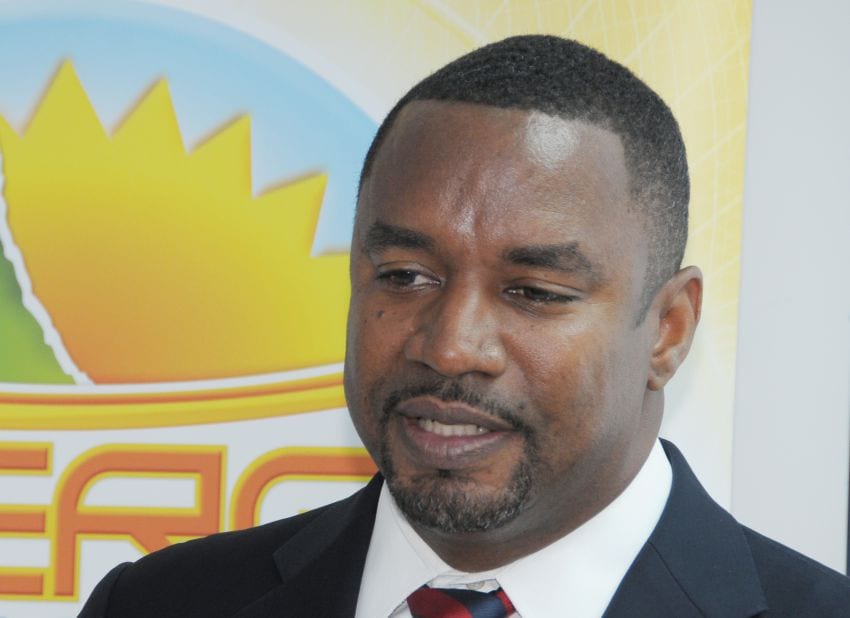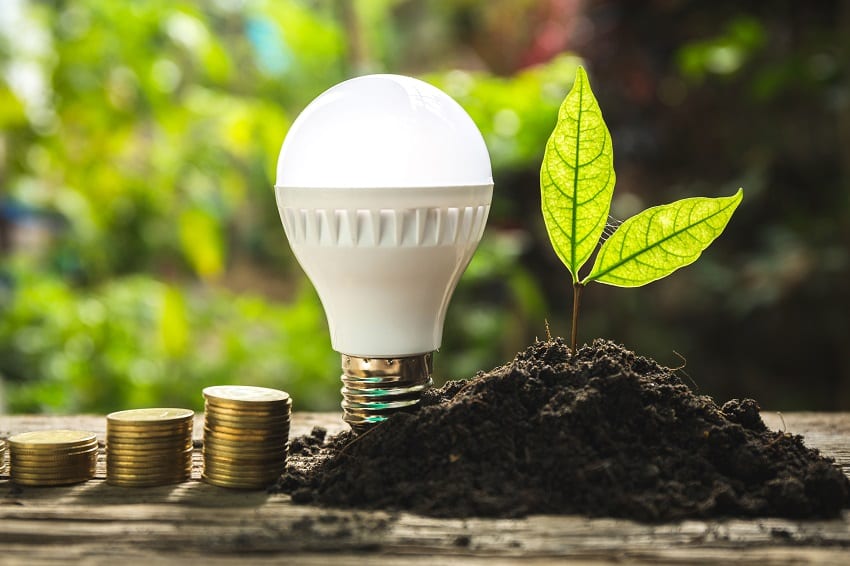
With Barbados moving towards becoming 100 per cent fossil-fuel free by 2030, a Government minister is urging cooperatives to get on board.
The plea came today as Minister of Energy and Water Resources, Wilfred Abrahams, addressed a stakeholder’s meeting of Cooperatives Societies Movement at the Lloyd Erskine Sandiford Centre, and gave the rationale behind the need for investment in renewable energy by the island’s cooperatives.
Minister Abrahams noted that the generation and distribution of electricity by the Barbados Light & Power Company Ltd., over the years was commendable, with that entity having invested heavily on the island and providing a stable grid, but said this had served its purpose.
He stressed too that recent weather events and climate change had taught us the need to be more in control of our destiny and while resilience was often a consideration, he was more concerned about what things Barbados could put in place beforehand “to ensure we do not actually get the effects that other people get when a weather event hits us”.
Adding that by 2030, Barbados would “look, sound and smell different” because it would no longer be burning fossil fuels, he said: “It is an exciting time because everything that we think of and how we do business now has to change.”
To this end, representatives of cooperatives heard that renewable energy required significant investments, and given the intensity of hurricanes and outsiders rushing to come on board, they too should be involved.
Explaining further, Mr. Abrahams said: “In the future, we are going to stop burning fossil fuels. We, the small island developing states (SIDs) are among the least polluters in the world, but we are the ones that face the greatest consequences from climate change…. All of the SIDs don’t contribute one per cent of the greenhouse gases in the world, but we are the ones on the front line who will be devastated every time one of these things come through. So, for us the push towards renewable energy is not just convenient, it’s a matter of battling for our lives.”
He also acknowledged that the biggest single drain on Barbados’ foreign exchange was paying for oil and gas, and said the country simply could not afford to do it anymore.

“We’ve gotten to the point where the dollar has stabilized, so nobody is talking about devaluation. We are comfortable now that the dollar is safe, but it won’t be if we keep subjecting ourselves to this fossil fuel addiction, where we are impacted by the vagaries of oil prices on the world market. So, we need to control what it is that we do,” Mr. Abrahams said.
Pointing out that there was money in the banking and cooperative sectors, the Energy Resource Minister said he was “a big fan” of the credit union’s philosophy, where people come together and pool resources for the common good.
However, he noted that the intention of persons in such organizations was to earn a return on such, but the said returns had been slim and investment opportunities negative.
“The point is this, there is a lot of money in the credit union and the cooperative sector in Barbados. A lot of your charters are very limited in what you are allowed to invest in and the investments that you are allowed to do. But you have a choice now. You can stick with what I call the outdated mode of doing things, or you can actually start looking to embrace the change that has to happen in Barbados…. We are not playing and I don’t think anybody is in doubt that the Government is 100 per cent committed to being fossil-free by 2030,” he stated.
Cooperatives heard too that for the investment to work Barbadians needed to buy in and members had to help determine how to engage them and make them feel part of the transition to renewable energy, since Barbadians tended to be risk averse.
“You have a certain sector of Barbados that works well together. There are certain established business people that know how to work together to get the returns that they want. The average two or three neighbours in a gap are not going to put together to invest together to get into the space. So how do we get them involved? How do we enfranchise Barbadians and make entrepreneurs of them and bring them along on this energy revolution? We do it through the cooperatives,” Mr. Abrahams stated, noting that every member of the cooperative would be an investor and stood to share in those profits.
